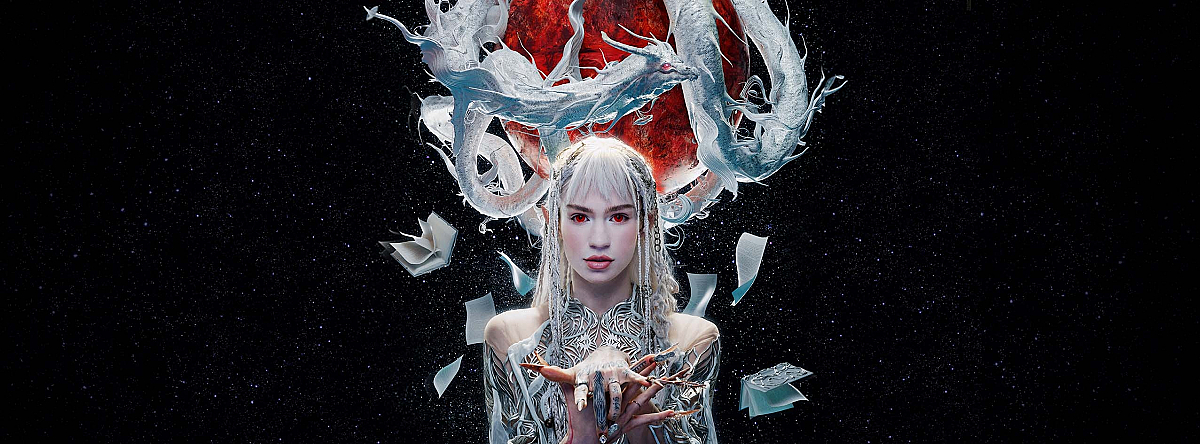
Are there positives to AI music we might be overlooking, and where could brands fit in?
During the last 15 years or so in the streaming era, the amount of music released has spiralled out of control, leading the music industry to become ever more reliant on marketing to help artists and songs cut through the noise. Over this period we’ve seen music gradually shift to prioritise image curation over artistic innovation.
And now conversation has emerged about the threat AI poses to the music industry, and what looks like further negative implications for the future of artistic licence. We've seen AI-generated tracks replicating Drake, Oasis, and Nirvana launched into the mainstream, and now Grimes (📷), a fully independent artist, has invited fans to create new songs using an AI-generated version of her voice, with a potential royalty split on any returns, with a rush of interest from producers keen to ‘collaborate’.
In so many ways it might feel like a particularly tough time to launch yourself as a new artist when it increasingly appears that the actual music is becoming less of a focus.
But this got us thinking - are there potential positives we could be overlooking?
What if reducing the value of a mainstream artist’s name and likeness actually swings the dial the other way, and begins to encourage a higher importance to be placed again on songwriting and poetic skill? And if having AI-generated voices pushes generic vocal delivery towards the obsolete, could it encourage real life vocal performers to push the boundaries in their tones, flows and melodic ranges?
What if AI music forces us to rethink what we value in our artists, and focuses the music industry back onto the artist and the actual music, rather than the marketing behind it? Will live music boom as people seek human connection in their IRL experiences? And could brands follow by building fruitful partnerships and backing talent for longer periods to help them grow, rather than looking for a short-term connection with today’s hottest talent, who might be gone tomorrow?
What are your thoughts on Grimes’ initiative and the future of AI music? And do you think positives will emerge from this for artists and the music industry?
-----
Writer: Pippo Khalwa
